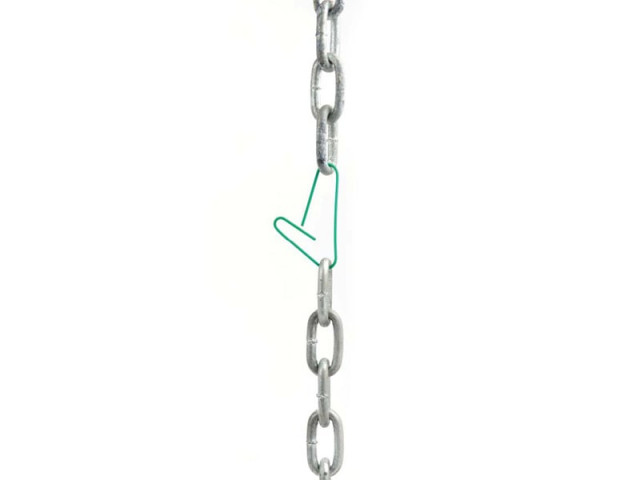High demand: Engro Foods to invest in ice cream distribution channel
Local conglomerate’s subsidiary facing difficulties in supply chain.

Engro Foods is likely to continue investing, particularly in its ice cream segment’s distribution network which has been facing difficulties, according to the company’s top official. The company is targeting revenue of Rs32 billion in fiscal 2012 and believes earnings per share can double by the end of 2012.
“There is no need to reduce investment at this time,” CEO Afnan Ahsan said in an interview with The Express Tribune. “We have been in investing mode for a while, now it’s time to reap the benefits,” he added.
The newly appointed chief – who has served in multinationals like Coca-Cola, Pepsi and Nestle over a span of 20 years – is hoping to take Engro Foods a step forward and make it the largest business of its parent company Engro Corporation by the end of 2012.
The food’s arm has caught up with the stalwart fertiliser wing and is neck-and-neck revenue-wise, according to the third quarterly account of the conglomerate.
It’s been five years of stellar performance, Ahsan said while talking about the company’s revenue reaching Rs28 billion in 2010. “Engro Foods is already doing great; my focus will be to take it a step further,” he added.
Engro Foods has successfully grabbed 45% of the market share in ultra-high temperature goods particularly its packaged milk Olpers and continues to thrive in its dairy segment which Ahsan point out as its prime sector.
However, the local conglomerate’s subsidiary has been facing difficulties in building a distribution channel for the ice cream segment.
Revenue for the ice cream segment – that has 24% market share – grew by 64%, although it incurred a net loss of Rs285 million in the first nine months of 2011. The company’s bottom-line is in the negative zone due to the heavy distribution and marketing expenses that amounted to Rs2.6 billion from January to September this year.
Talking about heavy marketing and distribution expenses, the 42-year-old said these expenses reflect the company’s investments to build infrastructure and market distribution channel.
The subsidiary ran a nationwide advertisement campaign in 2009 when the product was launched despite the fact that it was only available in a few specific cities of Punjab. The company enticed Karachiites with advertisement as the ice cream was not launched in the city until April 2011.
A lot of raw material supply is in Punjab and could also be a reason to target that market first, Ahsan said.
Ice cream business is still new, Ahsan said, deploying freezers alone takes lots of investments. The company has deployed 20,000 freezers in less than two-and-a-half years, he said. “We have been investing heavily and lots of these investments will now start paying dividend,” he said.
The company has faced difficulties in establishing a proper distribution channel for its ice cream brand Omore.
The product’s demand was much quicker than its supply in Karachi as recently some grocery stores ran out of Omore’s stock.
The company ran into a similar situation on Eid when demand shot up, Ahsan said. Admitting the company is facing difficulties on distribution side, the CEO said it will likely to continue investing on this front – hinting that the company might look for acquisitions.
“We are having difficulty in terms of expanding our distribution network in Karachi as we have just one distributor in the city,” Ahsan said.
Omore is produced in Sahiwal and shipped to Karachi, he said while highlighting that there is no production unit in the consumer hub. “I will not rule out acquiring any facility which can benefit the business,” he said.
Engro Foods has a dairy plant in Sukkur but that is working on full capacity and can’t be expanded, Ahsan said, so it makes sense to have a production unit in Karachi. “There are several assets available in Karachi and we’ll explore all possibilities,” he added.
Published in The Express Tribune, December 15th, 2011.


















COMMENTS
Comments are moderated and generally will be posted if they are on-topic and not abusive.
For more information, please see our Comments FAQ